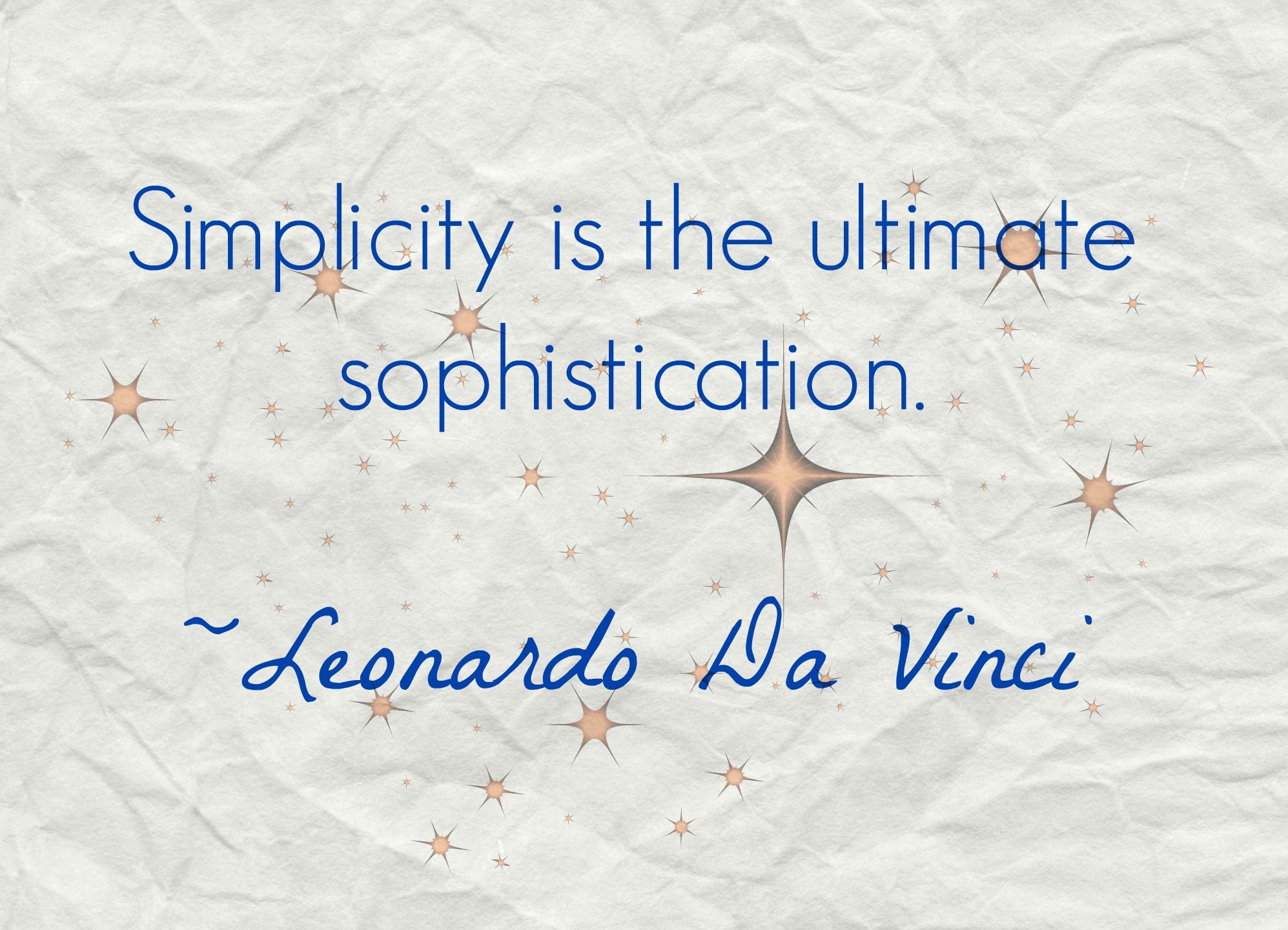One of my goals as a poet is to make poetry practical and less intimidating for writers while respecting it as an art form. Maybe that’s why I get a little irritable when I see poets going to great lengths to make their poetry enigmatic.
I’m not saying that we should write greeting card poetry or Mother Goose poems. And I’m not implying that poetry should be an easy craft.
What I mean is that in the very act of writing a poem, an artist is trying to convey a message to a reader. If the reader walks away baffled and frustrated, what purpose has been accomplished?
Complexity and mystery have a crucial role in crafting the poem, but they shouldn’t be the reason people avoid it.
Of course, part of the enjoyment of poetry is figuring out the artistic secrets hidden within the words. But it shouldn’t take a doctorate in linguistics to excavate the meaning.
Because poetic trends come and go kind of like the style and color of jeans that’s in for the year, I have a proposition.
Let’s make poetry simple again.[bctt tweet=”Let’s make poetry simple again. #poets #poetry”]
Yes, I’m swimming against the complicated wave that contemporary poetry seems to be surfing. Maybe I’m kind of like my hero William Wordsworth when he started writing British poetry that everyday people could understand to rebel against the sophisticated language and concepts of his predecessors.
I, too, believe poets need to write so that people can experience it and understand it at the same time.
Poetry should always push your writing and creativity to its limits. Since poetry is an art, we have to keep in mind that it should be approached with respect and effort.
Consider William Carlos Williams “The Red Wheelbarrow.” This unusually short poem is recognized as a brilliant work of poetic art.
Isn’t the simple beautiful?
The poet intricately paints the image of a rain-glazed, red wheelbarrow, sitting near some chickens. The first words “so much depends” along with the imagery of rain creates a solemn mood so you know someone’s very life is affected by this simple everyday object.
Williams’ renowned piece proves that a uncomplicated poem can create a powerful image and mood.
Another one of my favorites is John Updike’s “January.”
In four succinctly crafted stanzas, the poem captures the beauty of a snowy winter day. Everyone can relate to the short gray days of winter when the sun seems distant. The poet’s language invites us to imagine the artifacts of winter, such as the lacey, barren trees and a frozen landscape.
What I’d really like writers to realize about poetry is that a simple poem can be just as moving as a more complicated one. Complexity definitely has it’s place in structuring the poem and creating powerful imagery and mood, but it shouldn’t rise through the surface to create confusion.
Just remember that simplistic poetry–like a piece of art– can still radiate with sophistication if you use your words and techniques effectively.
Disclaimer: you might not get a book contract by taking my advice on keeping your poetry simple. But maybe together we can turn the tide.
I’d love to hear your opinion. Do you prefer complexity or simplicity when it comes to poetry? Tell me below.
[bctt tweet=”Simple poetry–like art–can radiate with sophistication if you use words and techniques effectively. #poetry”]

4 replies on “Keeping Poetry Simple”
I am a fan of approachable art in any genre. What benefit does a poem, painting, or piece of music have if only the initiated can appreciate it?
Thanks for commenting! Perfectly said. 🙂
Heather, many members in our Christian Poets & Writers group on Facebook will welcome your post, so I’ll highlight it on the Christian Poets & Writers blog – http://www.christianpoetsandwriters.com. God bless.
Thank you again for your ongoing support. 🙂 Glad to be connected!